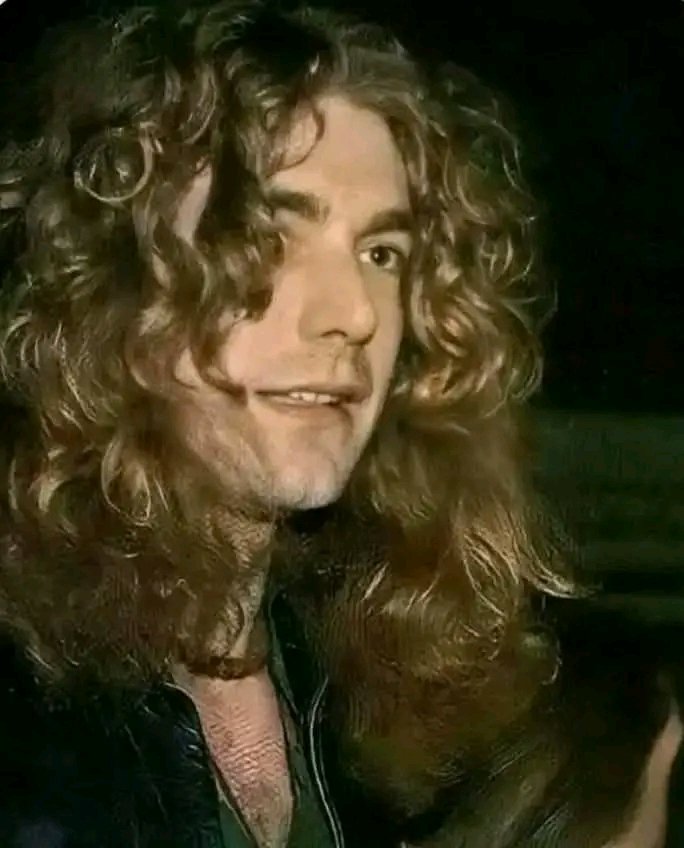Quit while you’re ahead isn’t just great advice for a trip to the casino; it is also an idiom that should ring around the heads of every successful rock band in history. Nothing lasts forever, and perhaps it is better that way.
Take Led Zeppelin, for example. The Robert Plant-fronted outfit found instant success back in the late 1960s for pioneering a distinctive hard rock sound with a coy blues base and some distinguished guitar riffs, which led to them quickly rising to the top of the rock and roll pyramid in Britain.
Today, well over half a century on, the group are still hailed among the greatest rock bands to ever grace the airwaves, and rightfully so. Still, when you look back upon their discography, the band weren’t around for a very long time, in the grand scheme of things.
In 1969, Led Zeppelin unleashed their abrasive proto-metal mastery with their self-titled debut album, and the band didn’t let their foot off the accelerator in the wake of that release. Riding the steam between that debut and 1976, the group averaged one album per year, which is an impressive feat for any rock band, never mind one with the exhaustive touring schedule and chaotic behind-the-scenes lives of the Zeppelin boys. Inevitably, as is the nature of things, what goes up must come down and that unrelenting existence meant that the band were beginning to fatigue as the 1970s progressed.
Arguably, the ultimate peak of Led Zeppelin’s creativity and popularity came in 1975, storied by a legendary run of shows at London’s Earls Court along with the magnum opus album Physical Graffiti. After that, at least in terms of the group’s motivation and creative output, everything was downhill.
Although records like Presence and In Through the Out Door are ruthlessly defended by Zeppelin’s hardcore fanbase, it is difficult to view them in the same league as the band’s earlier releases. So, when drummer John Bonham tragically passed away in 1980, dissolving the band seemed to be the only logical solution.
Still, calls for a Led Zeppelin reunion have hounded the band members from the outset of that 1980 break-up. To their credit, the hard rockers have largely resisted these demands, save for a select few performances here and there, and that ultimately comes down to the artistic mindset of Robert Plant: what’s the use in trying to emulate the past when it will never be the same as it once was?
“Isn’t that the great trap? You become successful and then you have to emulate your success for the people who’ve put you there, and it becomes the same-old, same-old,” the vocalist told The Guardian back in 2005, adding, “There’s so much playing by numbers, so many people who compromise or coast.” In contrast, Plant has always kept moving forward rather than wallowing in his 1970s successes.
Zeppelin have always managed to avoid those nostalgia-fueled reunion traps, but some of their contemporaries haven’t been quite so staunch in their artistic principles. “Some of it’s an addiction to success: I mean, there’s nothing like hearing a crowd roar,” Plant shared, sympathising with the endless onslaught of reformed rock bands.
“But then there’s also the problem that no matter what you do, there are people who are still waiting for the return of the four horsemen of the apocalypse. You only have to have a tiny, weeny bit of common sense to see that that’s been and gone, the times are different now,” Plant concluded, which is probably the healthiest way he could view the colossal success of his earlier days.
Led Zeppelin were an incredible outfit, but those dates at Earls Court will never happen again; even if Bonham was still with us, the entire landscape of culture and the music industry has changed beyond belief. It will never be the same again, and the likes of Robert Plant would much rather move on to pastures new.
